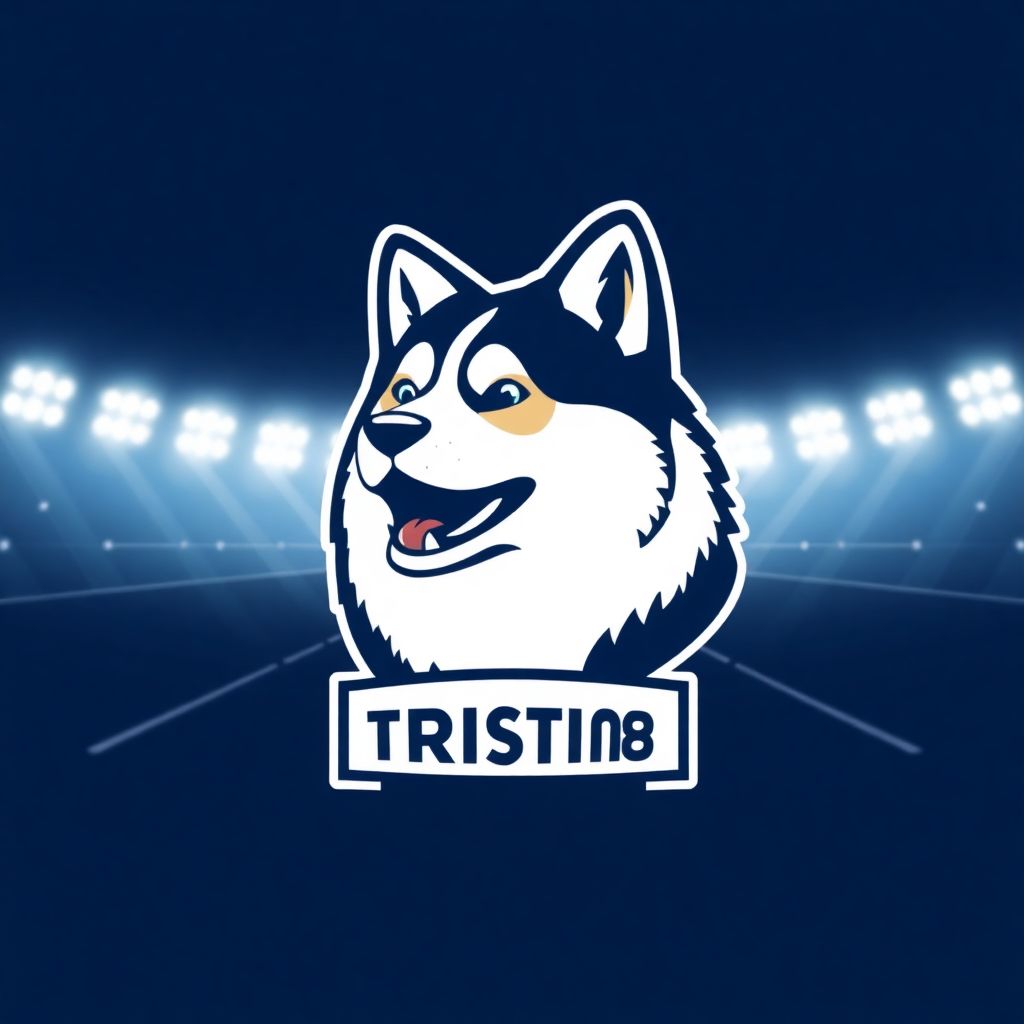Dogecoin-affiliated company House of Doge has announced the acquisition of a controlling interest in Italian football club U.S. Triestina Calcio 1918, marking a significant move into the world of professional sports. The Serie C team, which currently competes in the third tier of Italian soccer, becomes the centerpiece of House of Doge’s broader strategy to merge digital assets with real-world cultural institutions.
The deal was conducted in collaboration with Brag House Holdings, a publicly traded partner of House of Doge. This partnership is poised to facilitate House of Doge’s transition into a publicly traded company through a reverse merger structure. The acquisition is not merely a sports investment — it is a strategic initiative designed to demonstrate how blockchain and digital assets like Dogecoin can influence traditional industries.
Marco Margiotta, CEO of House of Doge, emphasized that the move extends beyond the pitch. “Our stake in U.S. Triestina 1918 is about uniting Dogecoin’s global community with one of Europe’s heritage football clubs,” he said. “It’s a statement that digital currencies can fuel real-world value, cultural growth, and shared passion.”
Triestina, a club with a long history dating back to 1918, is currently facing challenges on the field. Positioned at the bottom of Serie C standings, the team has recently been penalized with a 13-point deduction due to administrative issues. Despite these setbacks, House of Doge appears confident that the club offers a platform for broader engagement and transformation.
The acquisition aligns with House of Doge’s stated ambition to tokenize various aspects of mainstream culture, with sports being the initial frontier. The firm has already cultivated a strong presence in the sports ecosystem, gaining support from prominent figures and families, such as the Steinbrenners — owners of the New York Yankees — and professional hockey players like Tyler Seguin, Jason Arnott, and Ales Hemsky.
Earlier in the year, House of Doge made headlines by sponsoring IndyCar driver Devlin DeFrancesco during the Indianapolis 500, prominently displaying the Dogecoin logo on his vehicle. This sponsorship was part of a broader campaign to raise visibility for the DOGE brand in high-profile sporting events.
In tandem with the ownership announcement, House of Doge revealed that Roger Rai, Vice Chairman of the Toronto Blue Jays, would join its advisory board. Rai is expected to provide strategic insights into commercial partnerships and best practices in sports management, further strengthening the company’s position in the field.
Founded earlier this year, House of Doge was established to promote mainstream adoption of Dogecoin, the world’s most well-known meme coin. Since its inception, the firm has engaged in strategic collaborations, including a partnership with CleanCore to manage a Dogecoin treasury overseen by Alex Spiro, attorney for Elon Musk — one of Dogecoin’s most vocal supporters.
In addition, House of Doge is developing Dogecoin-based financial instruments in collaboration with Robinhood and 21Shares. These include yield-generating products and alternative investment vehicles aimed at institutional and retail investors alike, signifying a serious effort to integrate DOGE into the broader financial ecosystem.
The market reaction to these developments has been mixed. While DOGE saw a modest 1.6% uptick, trading just under $0.20, it remains significantly below its 2021 peak of $0.73, representing a decline of over 70%. Meanwhile, Brag House Holdings’ stock climbed nearly 10% on the news, although it has dropped 31% over the past month.
The move into sports ownership is a long-term play for House of Doge, and it signals a shift in how crypto companies are approaching brand building and user engagement. By embedding itself into the cultural fabric of global sports, House of Doge seeks to establish a stronger emotional connection with fans, who may become users or investors in the broader Dogecoin ecosystem.
Moreover, this acquisition could pave the way for innovative fan engagement models. By leveraging blockchain technology, House of Doge may introduce tokenized memberships, fan voting rights, or exclusive digital collectibles tied to the club’s legacy. These initiatives could transform how supporters interact with their favorite teams.
The Italian football market, despite its financial struggles, remains culturally rich and globally recognized. With U.S. Triestina 1918, House of Doge taps into a club with a loyal fan base and historic significance. The challenge lies in revitalizing the team’s performance and financial standing, while seamlessly integrating blockchain elements into its operations.
There are also implications for the wider crypto industry. As regulators and investors assess the real-world applicability of digital currencies, ventures like this one offer a case study in how crypto assets can transcend speculative trading and become tools for tangible value creation.
In the coming months, House of Doge is expected to unveil more details about its roadmap for the club, including potential rebranding, stadium improvements, and digital initiatives. These efforts could serve as a blueprint for other crypto projects looking to bridge the gap between the digital and physical worlds.
As the worlds of cryptocurrency and traditional sports increasingly intersect, the House of Doge and Triestina partnership may become a defining example of how decentralized communities and legacy institutions can coexist — and even thrive — together.
